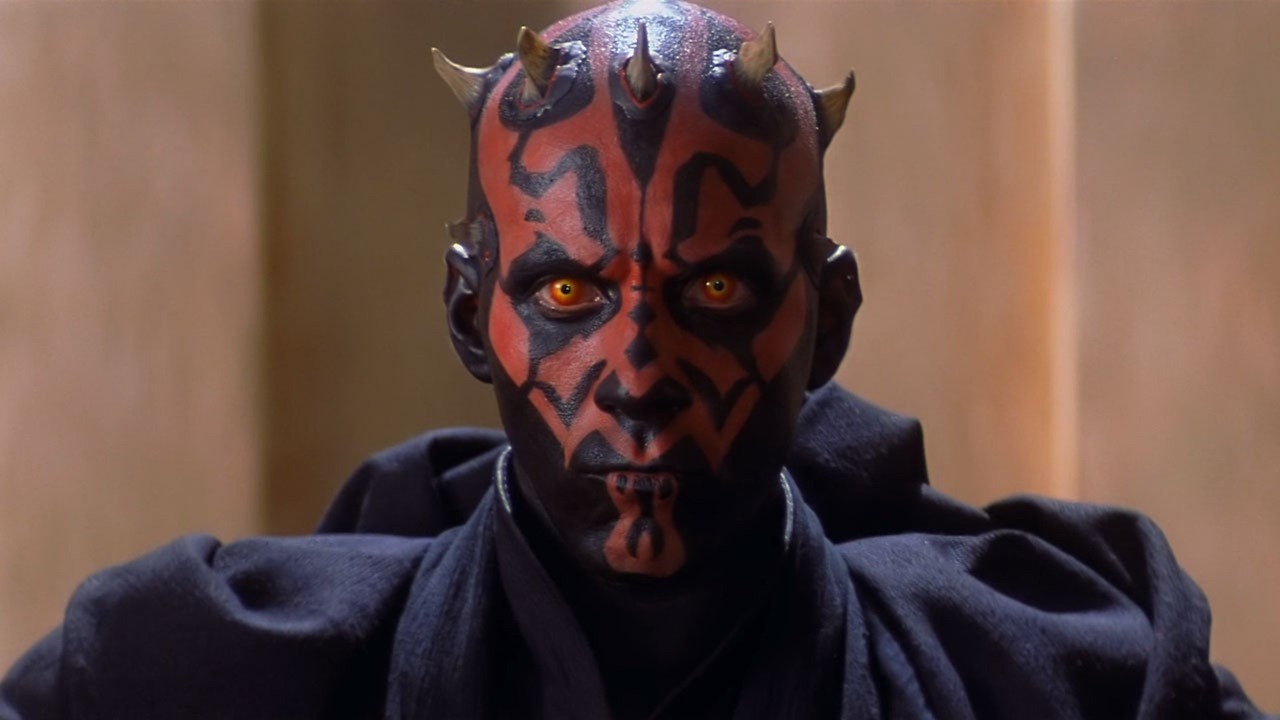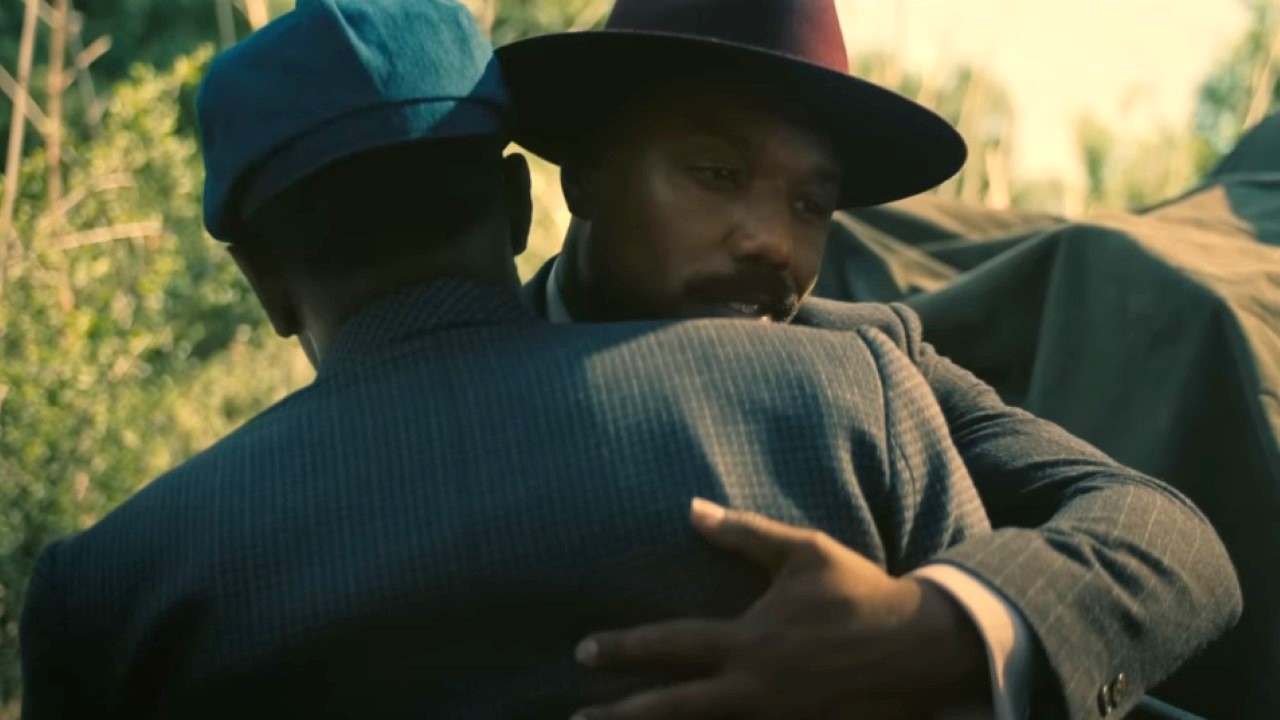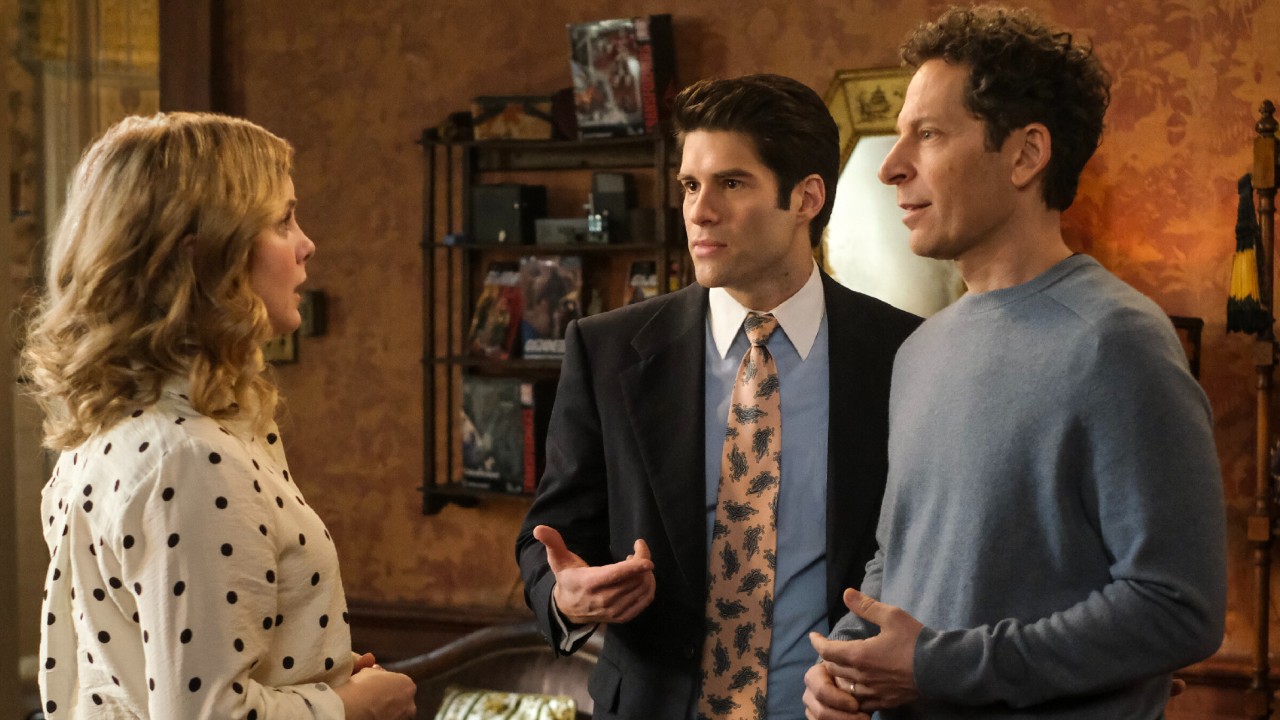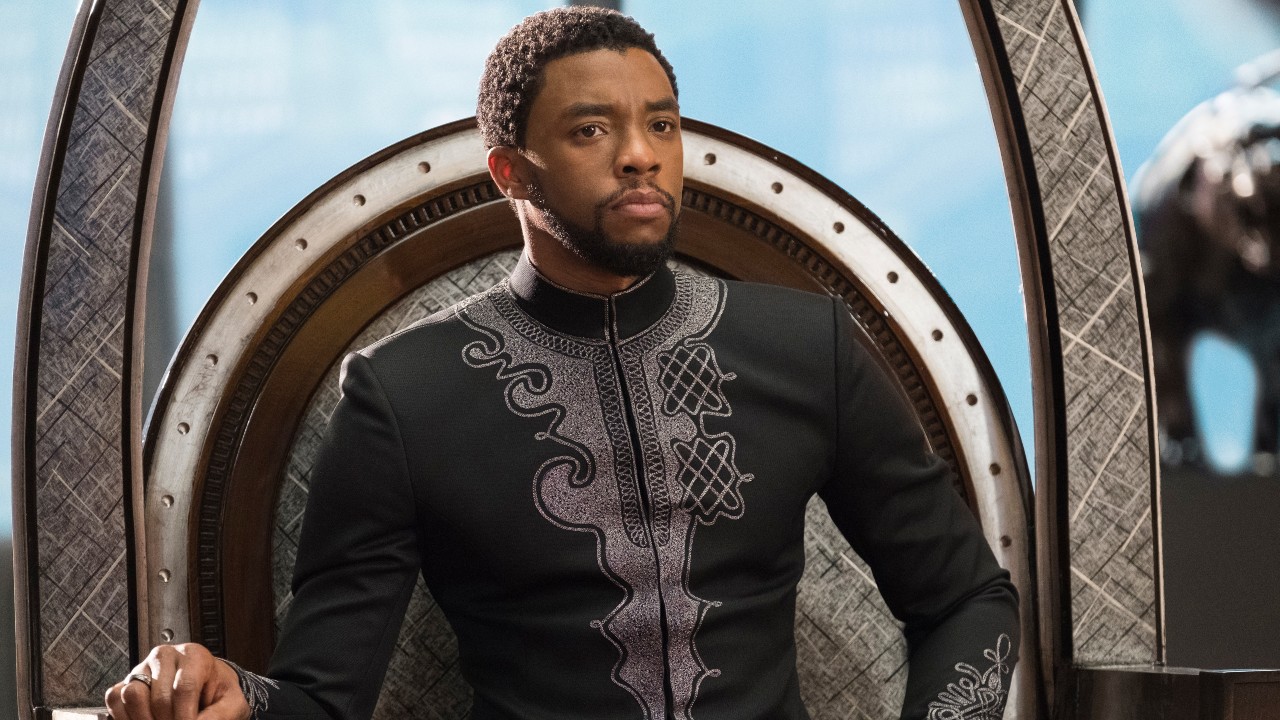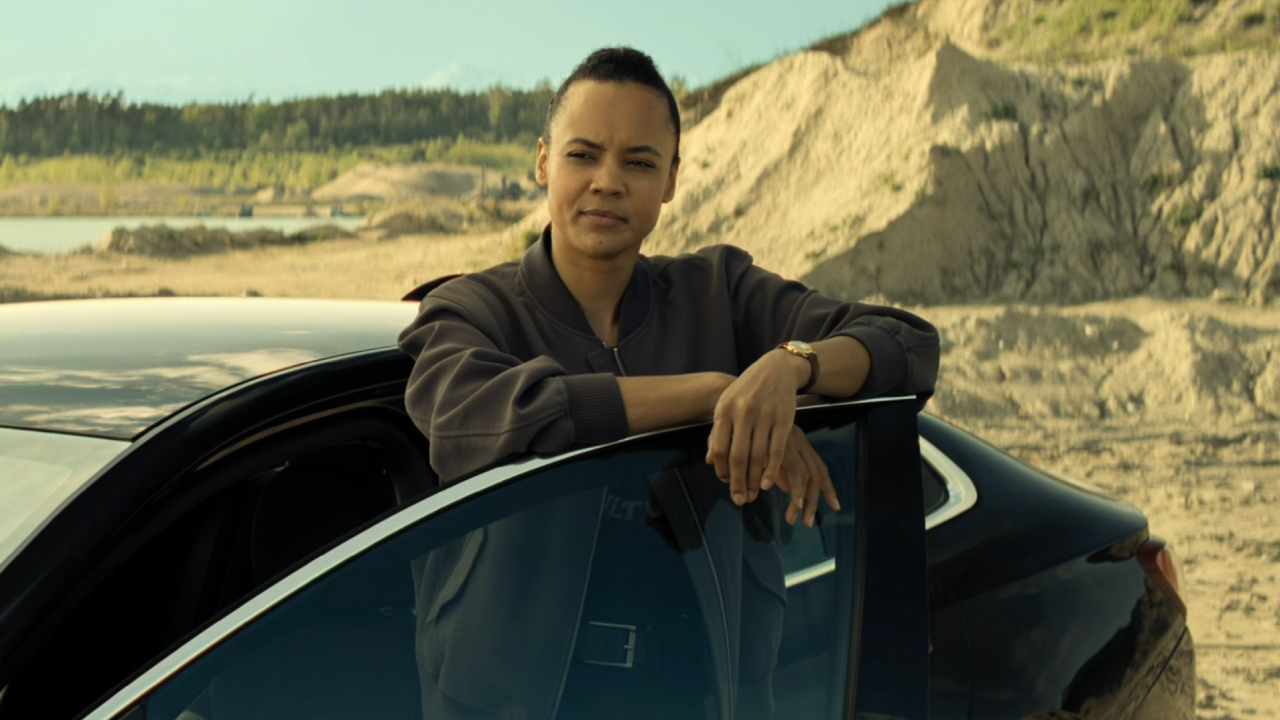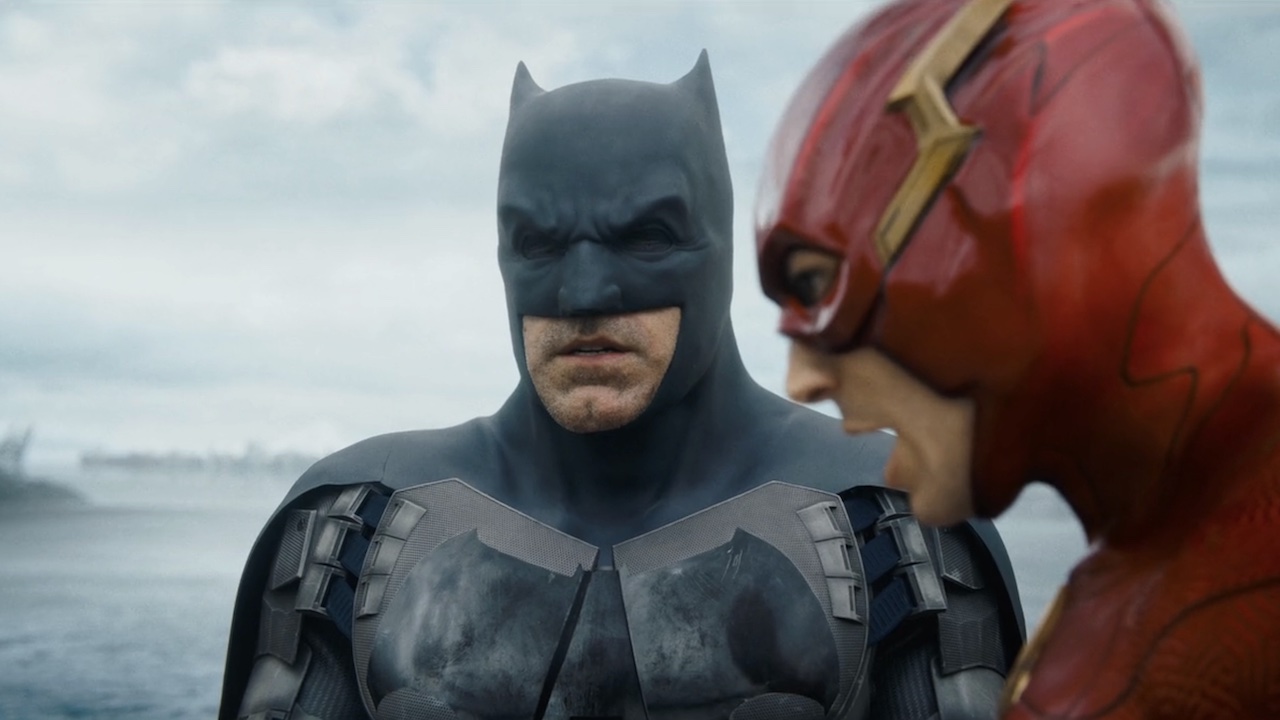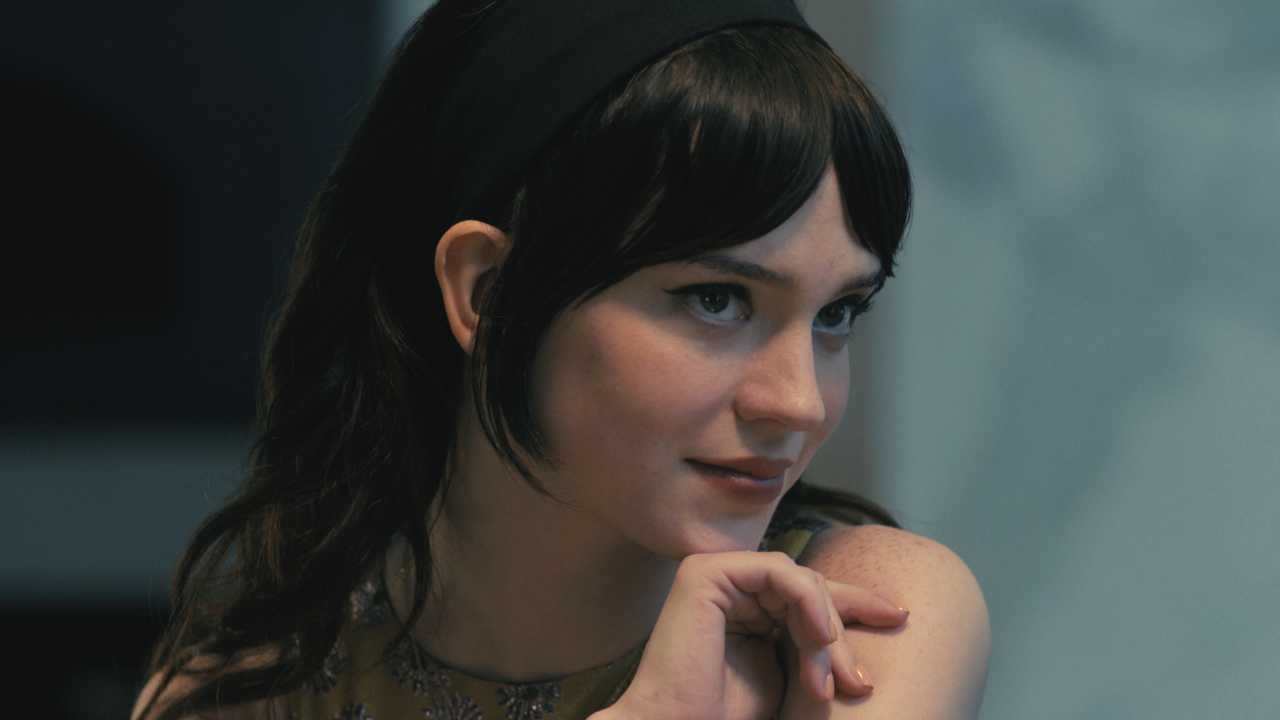‘I Was Behind The Curve’: Love Actually Director Recalls The Moment He Realized Some Aspects Of The Movie Hadn’t Aged Well
Love Actually director admits he was “behind the curve” with certain elements of his movie.
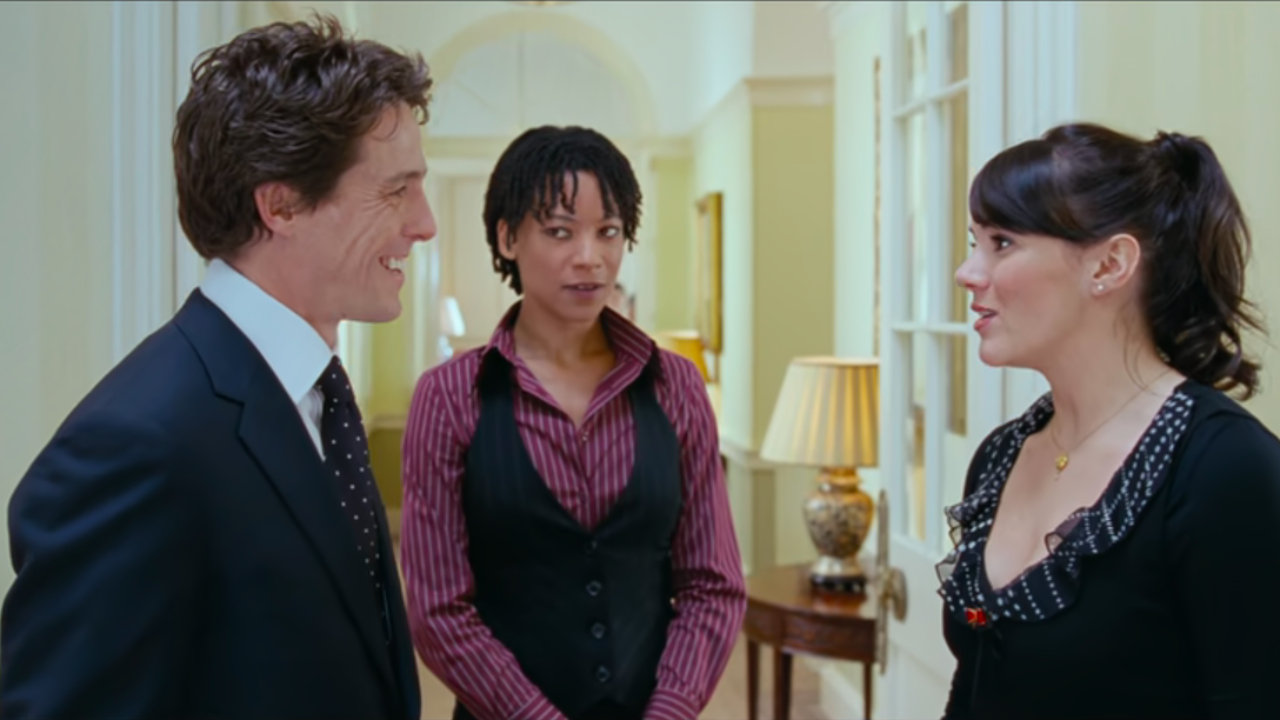
Love, Actually is a Christmas rom-com that shows an ensemble of characters experiencing romantic entanglements five weeks before the jolly holiday. It was so memorable that 14 years later, a television short film sequel Red Nose Day Actually brought the original cast together again. As it’s been 20 years since the beloved ensemble film came out, Love Actually director Richard Curtis has admitted there are certain aspects of his movie that haven’t aged well today.
In one of the major Love Actually character stories, junior staff member Natalie is criticized by other characters for her “massive” “tree trunk thighs.” Even Hugh Grant’s character David commented about her weight saying, “God, you weigh a lot” as she jumped into his arms. Richard Curtis of Love Actually admitted at the Times and Sunday Times Cheltenham Literature Festival (via Today) that certain fat-shaming parts of the Hugh Grant-led rom-com haven’t aged well, and he's aware of this thanks to his daughter, Scarlett, bringing it to his attention:
I remember how shocked I was like five years ago when [my daughter] Scarlett said to me, ‘You can never use the word ‘fat’ again.’ And wow, [she was] right. I think I was behind the curve, and those jokes aren’t any longer funny, so I don’t feel I was malicious at the time, but I think I was unobservant and not as clever as I should have been.
It’s true that certain jokes do die with age. The 2000s was not a kind time for people who weren’t skinny on film, with movies like Shallow Hal, The Devil Wears Prada and even The Sisterhood of the Traveling Pants making women who weren’t thin feel like they had something to be ashamed of. I doubt Richard Curtis meant to offend anyone with this movie, as it was supposed to be a feel-good classic for the holidays. I’m sure if the movie was remade today, there would be more thought put into the dialogue to make sure no audience members are offended.
Another element of Love Actually that wouldn’t age well today was the movie’s lack of diversity. The British-led cast was primarily white and set in London’s Notting Hill district. This district is a neighborhood that drew in a lot of Caribbean immigrants and was the site of various civil-rights riots in 1958. Richard Curtis explained that this was another subject matter he, the casting director and the producers didn’t think about at the time. The British director/screenwriter also pointed out that he went to an “un-diverse school” and felt he didn’t know how to write non-white parts. However, Curtis admitted he felt “sort of stupid and wrong about that.”
One of the most iconic scenes of Love Actually is when Andrew Lincoln’s character, Mark, professes his love to Keira Knightley’s Juliet with cue cards despite her being married to his best friend. This would be another scene that wouldn’t do well today, making the moves on your friend’s wife and portraying it in a romantic fashion. Even Andrew Lincoln had confusing thoughts about the sign scene, as he was afraid that he would come off as “a creepy stalker.” When Lincoln spoke about Mark to Richard Curtis with fears of his character’s “stalker” qualities being shown like this, the director told him it would be fine due to his talented acting abilities being a real standout for the role. Nowadays though, there’s no way behavior like Mark's would be construed as healthy or romantic.
When looking back at Love Actually, Richard Curtis admitted his movie’s “fat-shaming” and lack of diversity segments wouldn't work well if told on screen today. If you decide to watch this Christmas classic right now with your Netflix subscription, you just have to remember the year it was filmed and that the entertainment industry is more cautious today in terms of inclusion and sensitivity.
CINEMABLEND NEWSLETTER
Your Daily Blend of Entertainment News

Just your average South Floridian cinephile who believes the pen is mightier than the sword.
